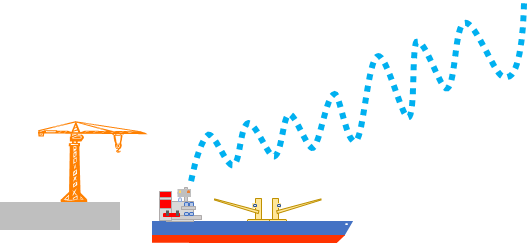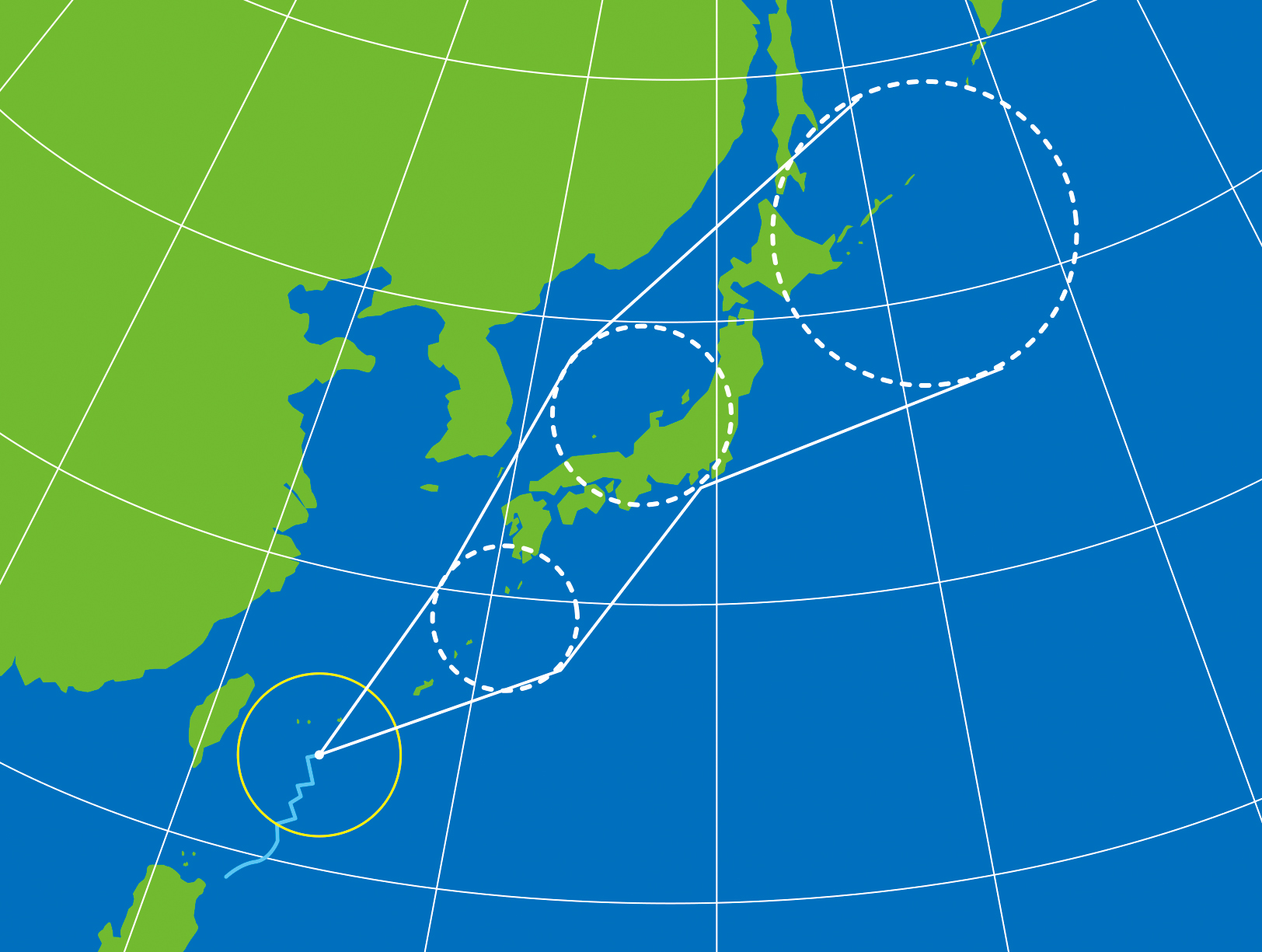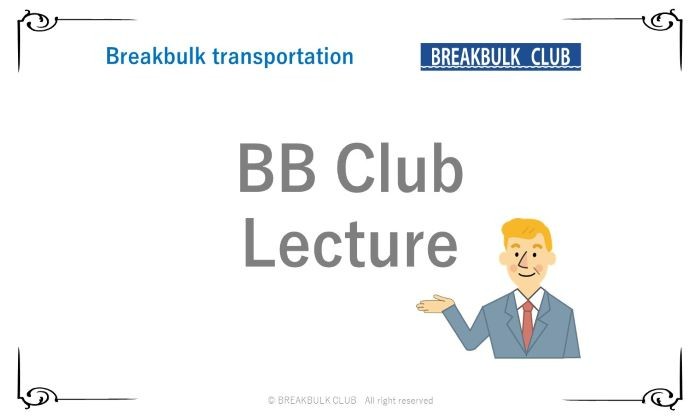Today's theme is Ship operations. Ship operation means keeping in touch with the ships we operate and the agents at calling ports to ensure smooth sailing.

Typical tasks include:
・informing the captain and the agency of the schedule
・looking at a weather chart and advising the captain of the route
・checking the position of the ship
・checking the congestion of the calling port in advance
・checking ETA and a time of PILOT on board
・checking ETB and ETD
・checking scheduled cargo handling time
・arranging fuel and the other supplies
・collecting cargo at calling ports.
If extra fuel and drinking water are loaded, the ship’s weight would increase, Ship’s fuel consumption would be worsen, Ship’s payloads would be reduced, Ship’s speed would be reduced, ship would be easily affected by tides, and the risk of schedule delays would be increased. Considering various circumstances, let's make a plan for refueling and water supply in advance.
If a ship encounters bad weather, not only schedule delays occur, but there is the risk of cargo accidents and hull damage.

If the schedule was not well considered, port entry and departure would be on holidays or at night, which may increase tugboat and pilot costs. In tidal ports, there is a risk that ships would not be able to enter or depart the port until the next tide. Get a tide table in advance and make a work plan with a stevedore.
If your ship got involved in port congestion, berthing would be delayed and so would the schedule. Ports with poor facilities or ports with many ships calling have always a risk to occur port congestion. If you could catch the port congestion information in advance, it is possible to maintain the ship schedule by changing the order of calling ports.
Don't get caught up in harbor strikes!
If you got caught in a harbor strike, your ship would be late to berth and her schedule would also be delayed. It is possible to maintain the schedule by catching strike information in advance and changing the order of calling ports.
Don't cause a shortage of cargo handling workers!
If there is a shortage of stevedores, stevedoring hours would be extended, and the schedule would be delayed. If you communicate well with your agent before entering port, you would be able to secure sufficient stevedores.
Take measures to prevent accidents and prepare procedures for dealing with accidents!
If accident prevention measures are not perfect, the frequency of accidents would be increased, and if accident handling procedures were not established, it would not be possible to handle accidents smoothly. And they not only increase insurance premiums and schedule delays, but also lose shippers’s trust.




Login to comment
サインイン